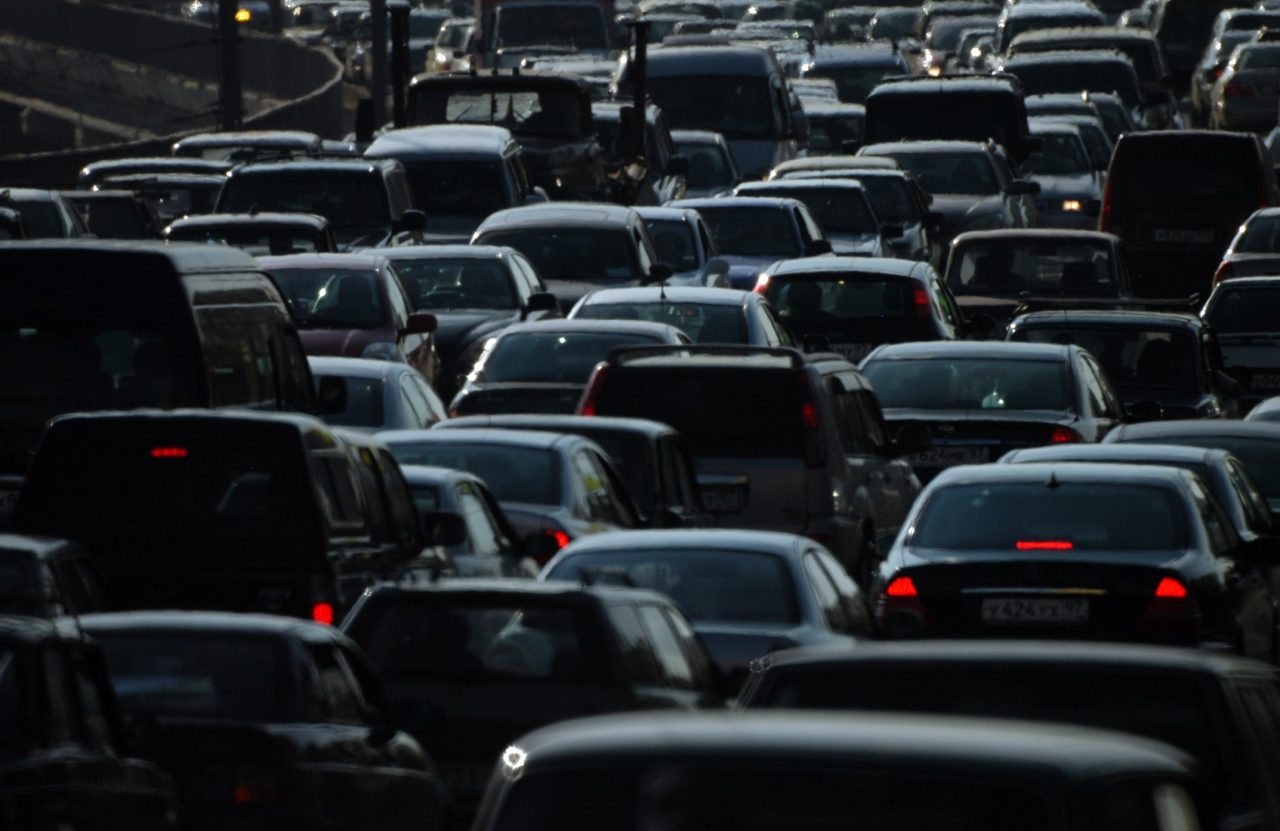An unsigned, undated, email came circulating the web presenting a horror story about EVs: Everyone has electric cars, and they are all trying to flee the peninsula (let’s say South Florida) as a hurricane approaches. Cars are stuck in traffic with no place to go, and no place the recharge. Can’t run radios and air conditioning because that uses precious batteries. Kids and elderly suffering in sweltering heat.
The obvious conclusion: we all need to stick with huge gas-guzzling SUVs and avoid moving into the future.
Of course, this issue needs to be addressed. Furchtgott-Roth in a guest article in Forbes talks about the issue related to a remake of the transportation economy: https://www.forbes.com/sites/dianafurchtgott-roth/2021/09/05/electric-vehicles-powerless-during-hurricanes/?sh=1f9566d248da … (Note that there are some issues with this article, namely the externalities of gas; the real cost at the gas pump should realistically be higher by 2x or 3x per gallon, as prices are in Europe.)
It’s been 100 years since we have had internal combustion engines (ICEs). Now we have almost 300 million in the USA (about 20% of the worlds autos). Remember the gas lines from the oil embargo during Carter years. For many natural disasters, people could not get gas because the power was out, and therefore the gas station couldn’t pump (if they had gas at all). During Hurricane Andrew (’92), the phone systems went out because the power went out at various stations and substations. Many critical services now have backup power (battery or generators).
So, we’ve had 100 years to work out the kinks in internal combustion engines (ICEs) during disaster and emergency situations. If we moved to half of the vehicles being electric in 20 years (higher than likely), then we need to work on the normal load and peak load capacities.
A flexible and adaptable grid is critical in all scenarios.
Not every electric car will be out driving around before or after a hurricane. Those vehicles can help serve as battery backups to the grid, especially for critical services (police, fire, hospitals).
As we retool the entire economy to be (more) sustainable, beware of people (viral emails) that trash the future, without the balance of any other alternatives (including perpetuating the “built economy”). They avoid any discussion of what the true issues and costs are for maintaining the unsustainable. There are real costs associated with coal, oil, and gas, even though the oil monopoly avoids paying most of the massive externality costs to society (health and wellness) and the environment (pollution and greenhouse gas emissions).
So, please don’t perpetuate the email viruses out there. Help improve the health of information flows but avoiding perpetuating bogus and massively biased information flows. Help inoculate information flows by pushing back on the people who send out misinformation because they think it is interesting but didn’t bother to take the time to fact-check or reality check or balance bias.
I even have an ex-friend who perpetuated obvious lies and misinformation with group emails every day. I corrected him a few times. When we got together with friends, I asked him: “Why do you send out this garbage?”
Answer: “Because people are so stupid, they will believe anything!”
My answer: “So let me get this straight. You take people who are stupid, and make them even stupider?!”
He laughed, and said, “Yes.” !
This post actually has multiple possible scenario story lines. They are all interrelated, though.
- As EVs start to hit critical mass, there are obvious challenges, but also opportunities that never existed with the ICE methods of mobility.
- Many people still think of “business as usual” as somehow “normal” and sustainable. But it is totally non-sustainable. The current economy is “broken as designed”, that’s the world’s base case. Any, and every, idea for the future must be significantly better than what we currently have. Right? How do we draw people into that paradigm shift of thinking?
- Maybe we can use viral information flows to make people smarter, not dumber? Hmmm….
This EV conversation continues over at www.SustainZine.com; check out a further discussion related to EV in disaster and evacuation settings.
#ScenarioPlans #BrokenBaseCase #Sustainability #EVs #100RE

1 Pingback